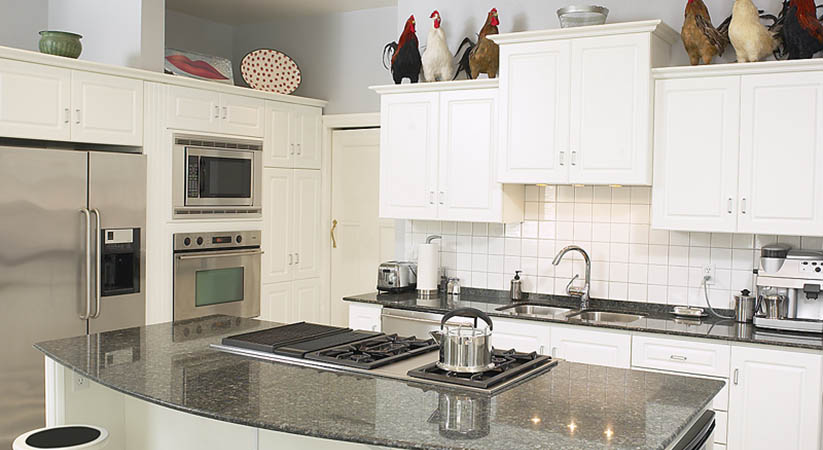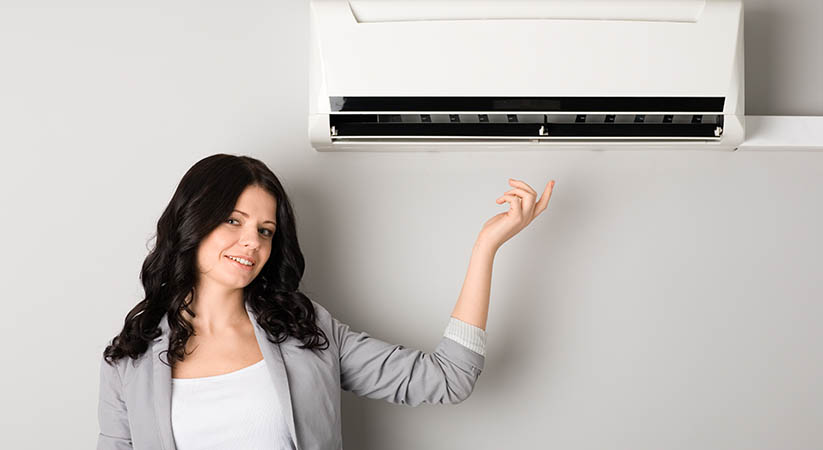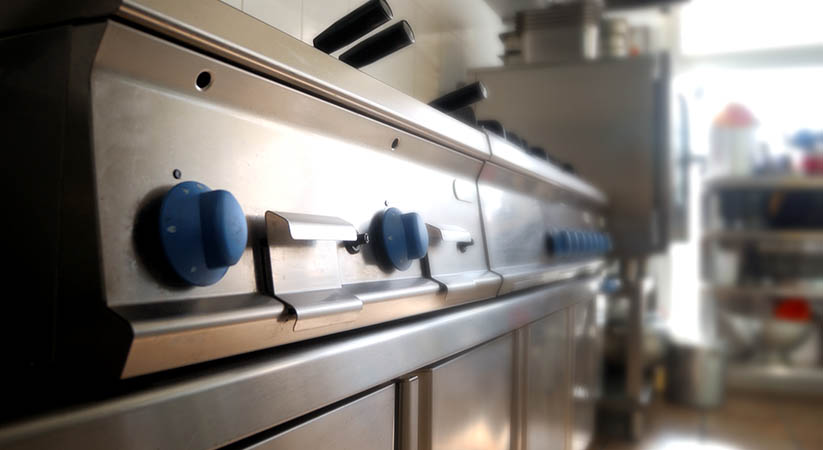Water softeners are used a lot in households where your tap water is hard and has a lot of heavy components in it, like calcium and magnesium. Here is everything you need to know about water softeners and what they remove. Here are the things which are removed with the help of a water softener system installed in your home or office.
Calcium
Hard water is abundant in calcium. Calcium is the whitish component or scale-like deposit on your clothes, dishes, and anything which comes in contact with the water. Usually, hard water doesn’t produce lather and this is primarily because of calcium.
Calcium is good for the body and normal softened water also contains some quantity of calcium. But if you drink too much hard water, then this excess calcium can be detrimental to your health. It can go into your bloodstream and get deposited in veins and arteries. This is a bad thing because you don’t want your veins to be blocked by calcium. It also leads to poor kidney health and can lead to a lot of kidney stones.
On top of that, it can also cause heart issues. A water softener will substitute the calcium ions for neutral ions or it will treat the water altogether to get rid of calcium.
Magnesium
Another component in hard water which makes it impossible to drink is magnesium. Magnesium also produces a lot of scales, but it is more responsible for making the water hard and preventing anything from dissolving in it. Like calcium, magnesium also prevents soapy lathers and this can lead to a lot of wastage of soap.
Usually, a water softener will exchange magnesium for potassium and calcium for sodium, because these metals belong to the same family and it won’t alter the chemical makeup of the water too much. Too much magnesium in the body is not a good thing, health-wise. It can lead to a lot of issues like heart and liver diseases, kidney failure, and the occurrence of magnesium in the urine and feces.
Magnesium can also ruin the metal pipework where the water is coming from and this can lead to black, brown, and even green stains. So, this is where a water softener comes in. It is usually filled with potassium chloride and sodium chloride.
The potassium and sodium ions are exchanged with the heavier calcium and magnesium ions on a resin bed to allow room for reaction. This is how you will get softened water. But you need to keep in mind that the water softened by a water softener will be more saline in taste and it will have more quantity of potassium than regular tap water.
Iron
Iron is also present in water. It is not a component of hard water, but rather impure and chemical wastewater. Excessive iron in the water can lead to problems in the body and hard water contains an unhealthy amount of iron. Iron overload in your bloodstream can lead to darker-colored feces and the deposition of iron in your veins and arteries. It can also lead to a metallic taste and the water might also have a greenish-brown tinge to it.
Another obvious identification of excess iron in your water is the appearance of green scales on the metalwork of the taps and faucets.
A water softener can easily remove iron from the water through the same ion exchange process or it can also be removed through filtration if the iron particles are larger and present in the water as precipitates.
Water softeners will not remove all of the iron. Water softeners can only remove up to 1 ppm (parts per million) of iron from the water, which is not enough to get rid of the metallic taste or the tint in the water. If there is too much iron in your water, then water softeners will not be able to do their job and you will need something else, like a filter, to remove iron from the water.
Conclusion
There you have it! It’s important to know what kinds of metals and components a water softener removes because this can really make things easier for you when you want to consider water softener installation Erie for your house.



